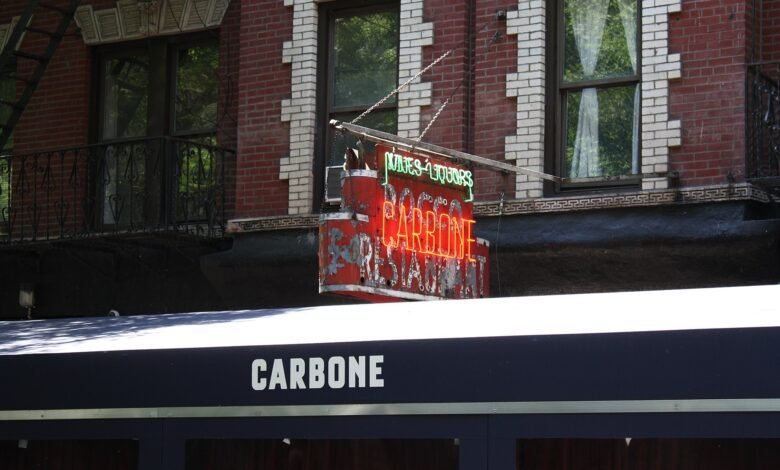

Gov. Kathy Hochul on Thursday signed legislation that bans the “predatory black market” practice of third-party reservation services arranging and selling reservations at sought-after New York City restaurants. The law targets services that use bots to acquire the most sought-after reservation times on platforms like Resy, which have “wreaked havoc” through no-shows and last-minute cancellations and make dining inaccessible to regular New Yorkers who don’t want to pay extra.
Passed by the Assembly and State Senate in June, the Restaurant Reservation Anti-Piracy Act prohibits third-party reservation services from making “unauthorized” reservations by requiring apps to obtain a restaurant’s written consent before securing a reservation, according to the New York Times.
The bots often put restaurants, which already operate on extremely tight profit margins, at a disadvantage. Both front and back-of-house operations are impacted, with common no-shows and last-minute cancellations leaving tables empty and staff without tips.
“Restaurant reservation scalping deprives businesses and workers of needed money when the seats don’t sell and the table goes empty, and it creates a barrier between them and their customers when unknown guests show up. Reservations are not a hustle for unauthorized third parties to sell for profit,” Andrew Rigie, executive director of NYC Hospitality Alliance, said.
Restaurants often place their food and beverage orders, schedule employees, and arrange many other aspects of their operations by predicting the number of customers dining on any given night.
And if the bots can’t resell the reservations they’ve already booked, restaurants are unable to accommodate walk-ins who would otherwise take their place, Melissa Fleischut, president and chief executive of the New York State Restaurant Association, told the Times.
Current rules on platforms like Resy prohibit users from selling or trading reservations they’ve made through the service. Pablo Rivero, the chief executive of Resy, applauded the law, telling the Times it is “a major step forward in the industry’s effort to protect restaurants and diners from reservation fraud.”
RELATED:




